Expelled from Paradise: The conflict of humanity
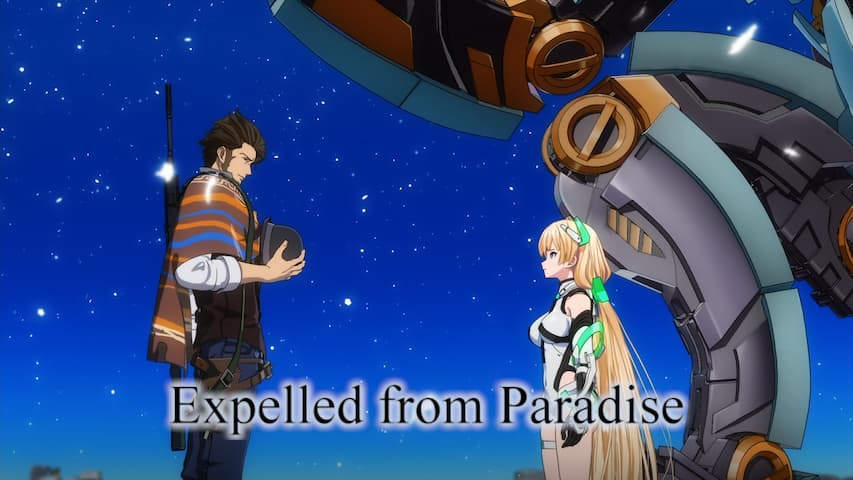
Ach ja, Expelled from Paradise is an interesting film. Despite its conventional story structure, after all its layers are pulled back and mysteries lifted, there isn’t really something you could call an “evil”. There is, of course, an antagonist and maybe even something akin to our heros' antithesis, but no clear enemy in either person or concept. Instead, in the absence of such a classical force to be stopped, Expelled from Paradise dives (or rather dips its toes) into the human condition and the specific conflicts its setting introduces. Spoilers ahead.
In short, the story is set in a future in which the majority of humanity has digitized themselves and are now living a virtual life inside DEVA, a space-station orbiting the earth which was, in classical sci-fi fashion, mostly reduced to sand and dust. One day, an unknown entity named Frontier Setter is able to hack into DEVA and tries to recruit some of the digitized humans to partake in a journey for a new earth. Tasked with the mission to find and eliminate the hacker, Angela Balzac descends down in a clone body and, together with her partner Dingo from earth, investigates what is going on.
After some back and forth, the two come into contact with Frontier Setter, who turns out to be an AI tasked with the completion of an engine for the spaceship that is supposed to search for a suitable new planet for humans to live on. After clearing up the misunderstanding and confirming that Frontier Setting was simply testing the water for potential volunteers, Angela returns to DEVA only to be ordered to destroy Frontier Setter, as the only guarantee of them not further interfering is essentially based on a pinky promise. Refusing the order, Angela is digitally cold-stored, but rescued just shortly after by Frontier Setter and together with Dingo, the three fight off the units send by DEVA to eliminate the AI in a big anime battle and eventually launch the rocket for Frontier Setter to make their way towards space.
As mentioned in the first paragraph, the story conflict is surprisingly detached from the many idealogies present in the film, nor is it necessarily a result of a very obvious flaw in any of its actors or concepts. DEVA doesn’t suddenly turn out to have a twisted idea of humanity, Angela and Frontier Setter are not “rogues” going against either what should be possible or their programming respectively and even Dingo is not all that radical in his views on humanity. It is actually quite refreshing, seeing a sci-fi film kind of positively embracing its ideas and not just blatantly painting them black á la “What if [technology] is bad?”, but still portraying the ramifications and problems resulting from it. For how simple it sounds, DEVA doesn’t care about Frontier Setter recruiting people to join his mission and finding a new planet, but Frontier Setter being able to hack into their system and potentially putting DEVA as a whole in jeopardy.
However, this doesn’t mean that there is no philosophical tension between the different parties or the movie not having a stance on the matter. Expelled from Paradise portrays two different ideas of humanity: The humans in flesh and blood living on earth and the digitized humans inside DEVA. Angela, especially in the beginning, is very eager to point out how living inside DEVA is basically the next step in human evolution, further emphasized by her now dealing with such annoying things like exhaustion, getting sick or having to eat. Not quite “From the moment I understood the weakness of my flesh, it disgusted me.” but certainly favoring the digital space over the physical one.
On the other hand, Dingo isn’t really able to share Angela’s sentiment and considers her kind of distant to himself in several ways. Inverting the former annoyances of Angela, he considers them to not just be very human, but part of life: The need for rest, taking care of another when weak or finding meaning in food for more than its simple purpose as nutrition. This dissonance between the two becomes especially clear in the scene with Dingo and Frontier Setter jamming out and talking about music, something Angela formerly only described as noise.
To borrow some more romantic language: While Frontier Setter, a machine, learned to become human, Angela has lost some of her humanity. Frontier Setter just feels human and embraces all the things that, in the way they explained it, make them allocate more processing power without any real logic behind it. they even wear a hat and composes music as a form of expression. When asked why he has no problems talking to Frontier Setter, as it is just an AI imitating humans, Dingo answers that it doesn’t really matter and that such a line of thinking would also cause him to question Angela, someone whom he doesn’t want to deny her humanity, despite her “otherness”, as he can acknowledge their differences. Angela was simply raised and is currently bound to another system… a system that might not actually be that different from the one on earth.
While DEVA promotes itself as a system with nearly endless possibilities, it is also a utilitarian meritocracy with limited resources in the form of processing power and memory, instead of food, money or housing. Whether one considers this system more fair or better for humanity, it does change the way one considers success and purpose. While technically the same, as you won’t get anywhere without putting in the work in both worlds, there is a certain freedom to be found on earth, as it is also unpredictable and not bound by anything, while you have to bend yourself towards what society considers good in DEVA, making you quite competitive and lose touch with others. Angela even cut short the incubation time of her body, simply to be the first to find Fronter Setter (This is also the canon reason why she looks like a teenager) and receive praise for her work, as this would improve her live in DEVA.
Whether one option is better than the other and how different they actually are, is up for debate, it is hard to argue that living in DEVA doesn’t alienate one from some of the aspects we consider human and this is also the reason why Dingo refuses to join DEVA. Beyond just considering the “endless possibilities” a lie, he would also rather continue being shackled by a physical body than to submit to yet another system where he feels less free.
However, this dichotomy doesn’t lead Dingo to resent Angela and he instead treats her with normal human compassion. He tries to keep her out of harms way, nurses her back to health and tries to make her enjoy the things DEVA and the rest of the digitized humanity had abandoned. Thanks to her new surrounding, Angela eventually changes her mind about the humans left on earth and after being kicked out by DEVA, decides to explore the earth and experience a part of humanity that is foreign and unknown to her.
Similarly, after being unable to find a single recruit, Frontier Setter is bound to make his way towards space alone. One might question the idea of an AI exploring the universe if no human is set to follow. But then again, what is the point of doing it in the first place? Frontier Setter said several times that they consider it their purpose, so they will do it either way. Ironically, Dingo claims they are a good representative of humanity, maybe even a better one than the digitized humans inside DEVA, as Frontier Setting is undoubtedly “human”.
Anyway, let’s talk some biblical imagery. Even name-dropping Adam and Eve, it isn’t that hard to see some parallels to the Garden of Eden from the book of Genesis. For what its inhabitants are concerned, DEVA might just be an ideal world, but similarly to the garden, they are also limited by the world they inhabit and it is only after Angela gets to know the earth and fights against her orders on her own accord, that she is eventually expelled from paradise. If there is on thing not as clear cut, it would be the actor of God, though I guess this role would be filled by the nearest authority figure, which are the heads of security, who are interestingly portrayed as hindu, shintoistic and greek deities respectively… I think.
If there is one thing the film unfortunately falls short, it is the fact it barely spends anytime on the two humanities in isolation, as we barely get an insight into the normal life of DEVA, nor how the human on earth live their life. This kind of hinders the themes of the film, as we mostly have to go on either assumptions or the little bits of information we do get, as well as our inherent biases as… well, humans living in the flesh on earth. I especially would hae liked to see more on how the lack of a body would influence the sense of self, or how communications and social structures change for the digitized humans, as they are all represented by avatars. As such, the film has to pull its weight as mostly speculative fiction to get its message across: Sure, it may be paradise, but humans still want to see how the forbidden fruit from the tree of knowledge tastes like.
Expelled from Paradise is no Ghost in the Shell or even a Vivy, but I would nonetheless put it into the category of media that have a bit more nuanced and less destructive views on the relationship between humanity and technology. Also, the movie is plenty of fun. For what it lacks in depth, it makes up with a nice cast and cool action set pieces, which make this movie infinitely more rewatchable than some of its other genre representatives.
Related Posts
Comments
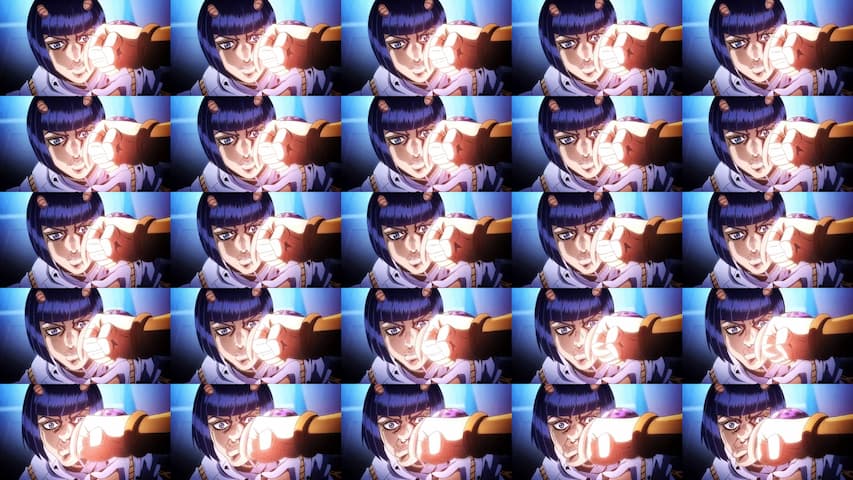
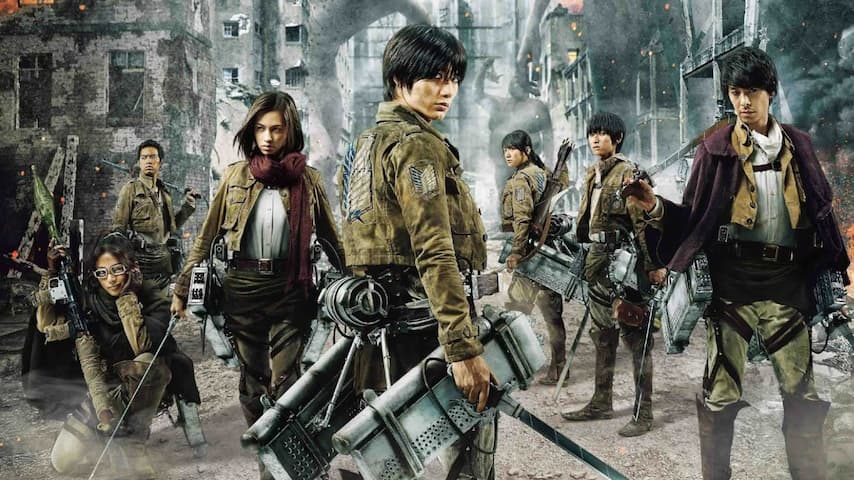






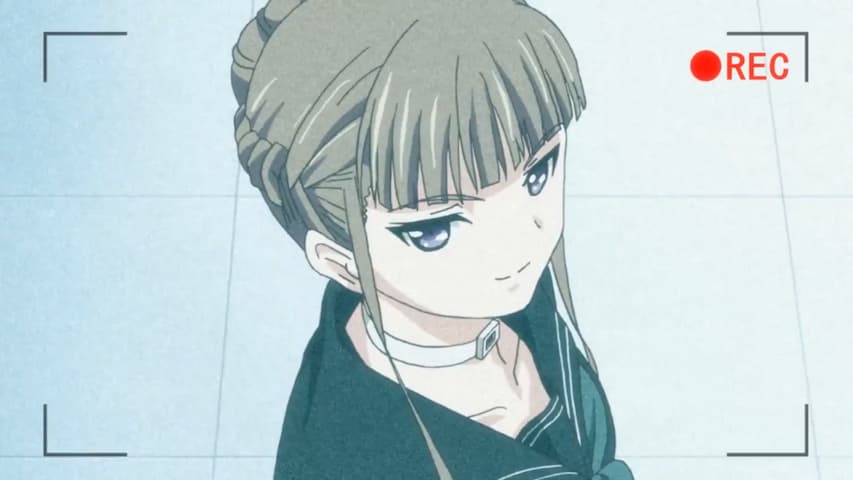

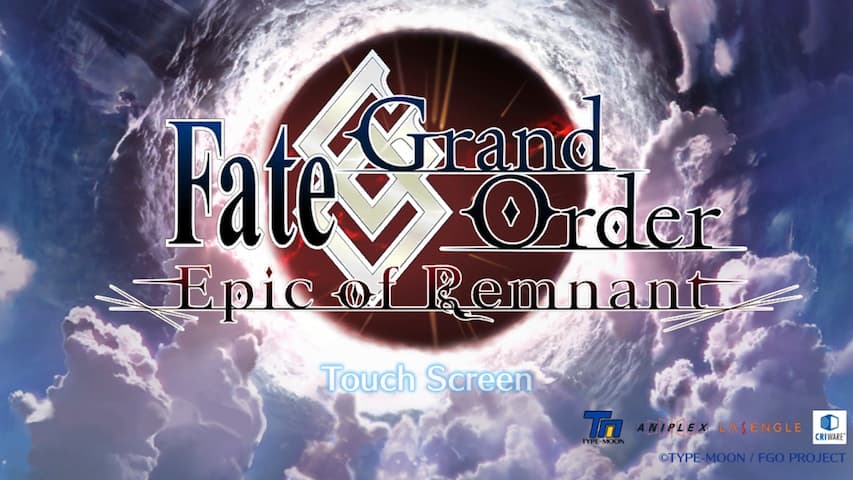

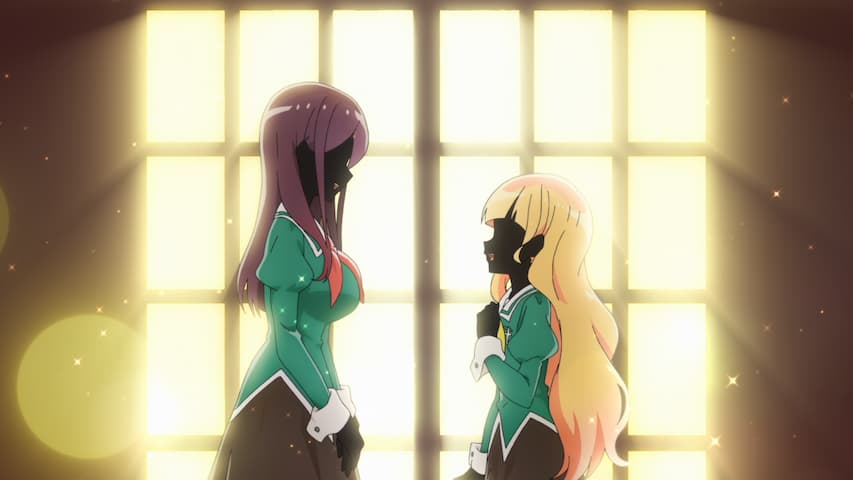
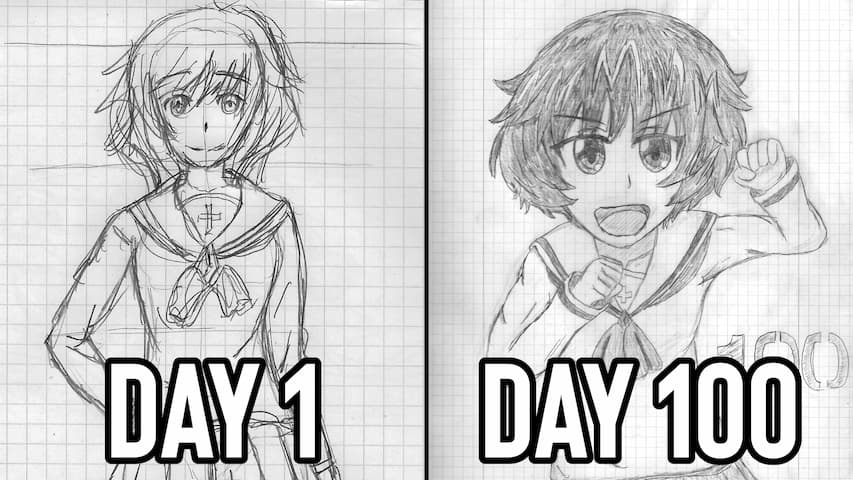
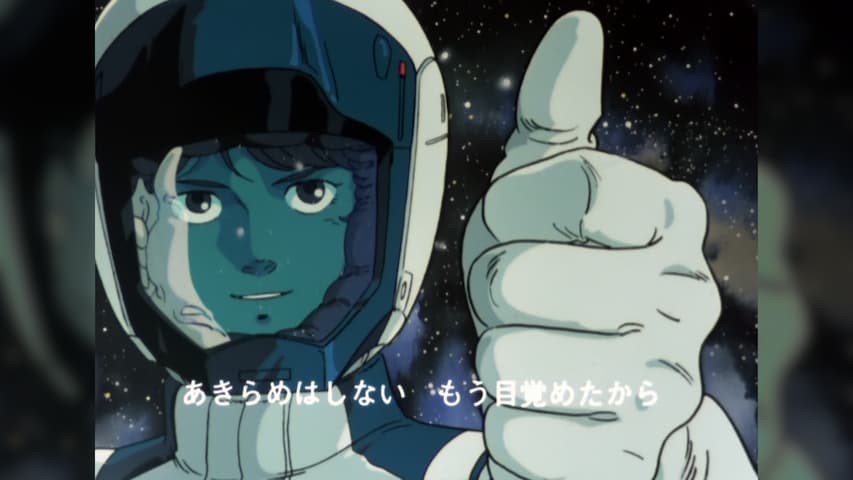



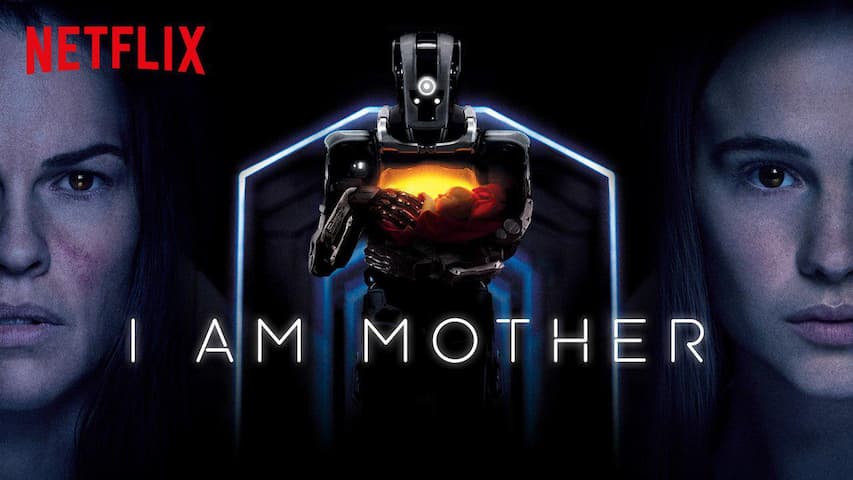
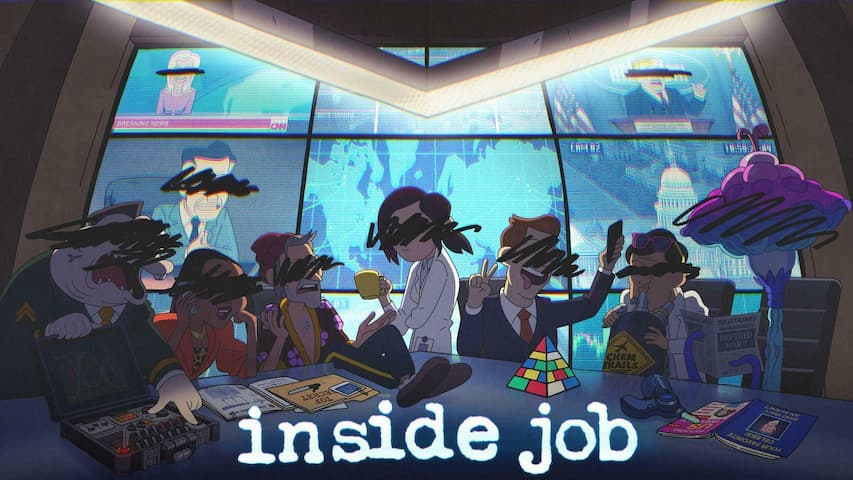
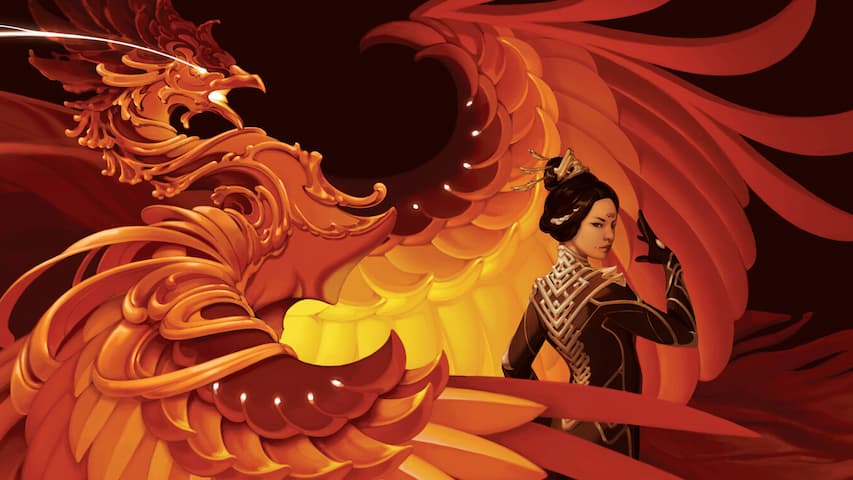



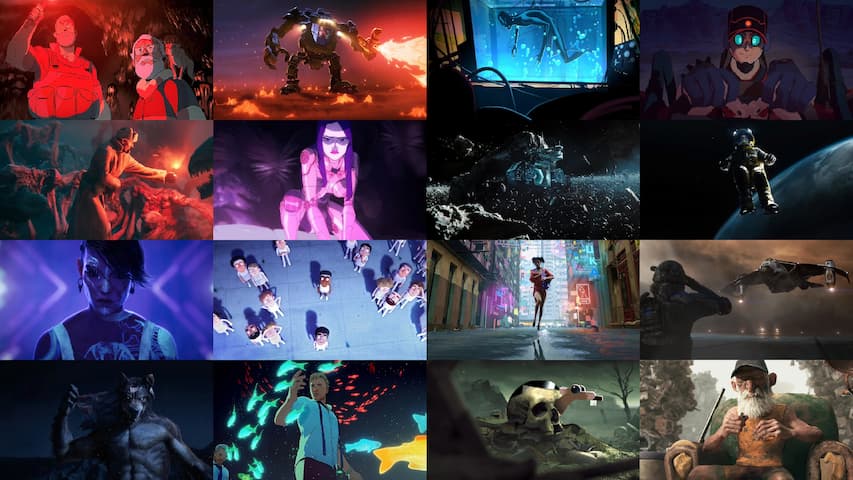



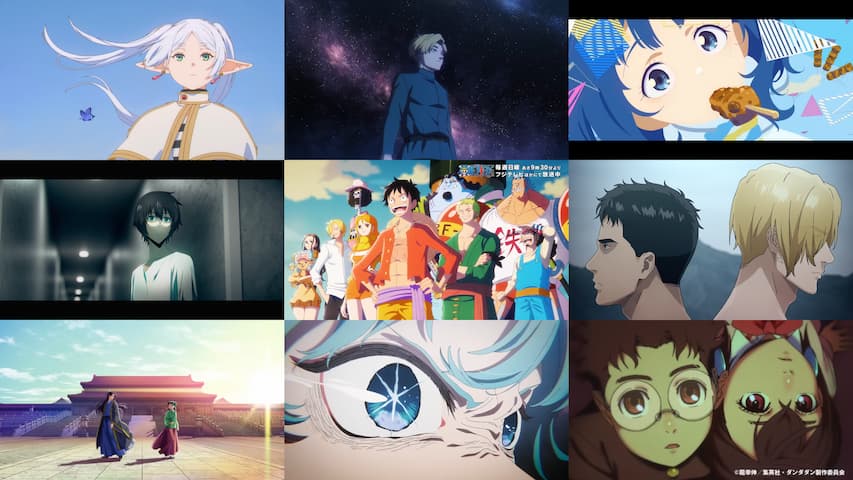
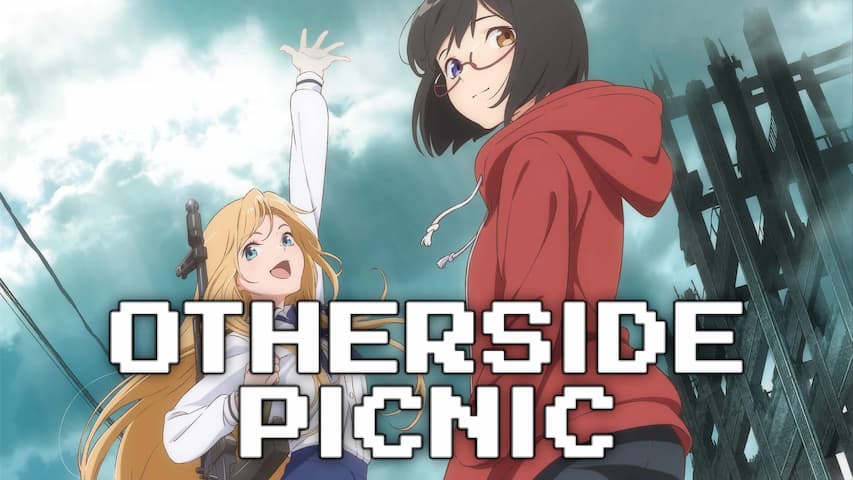

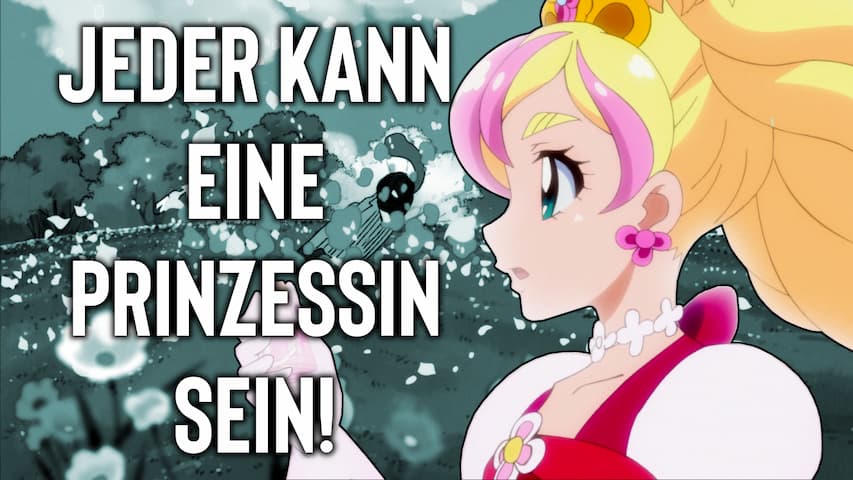
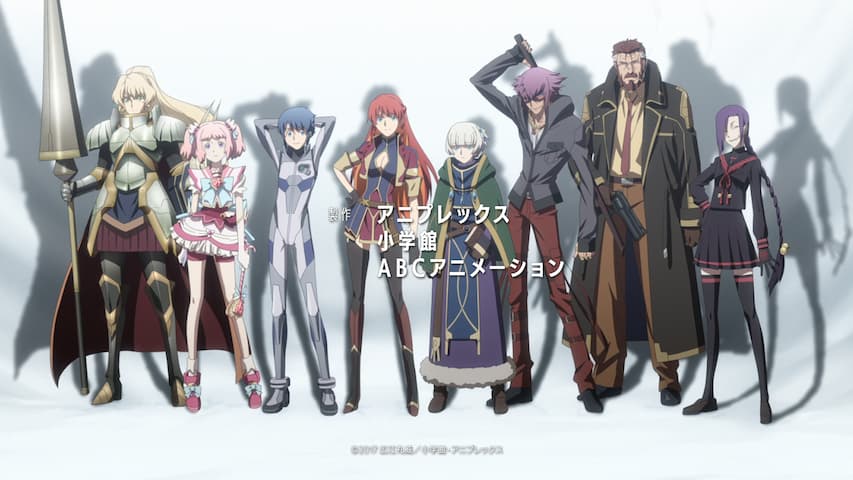
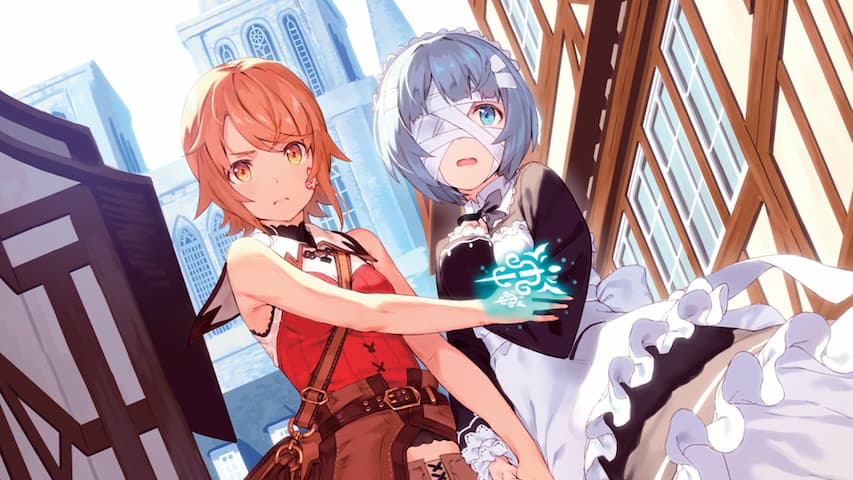





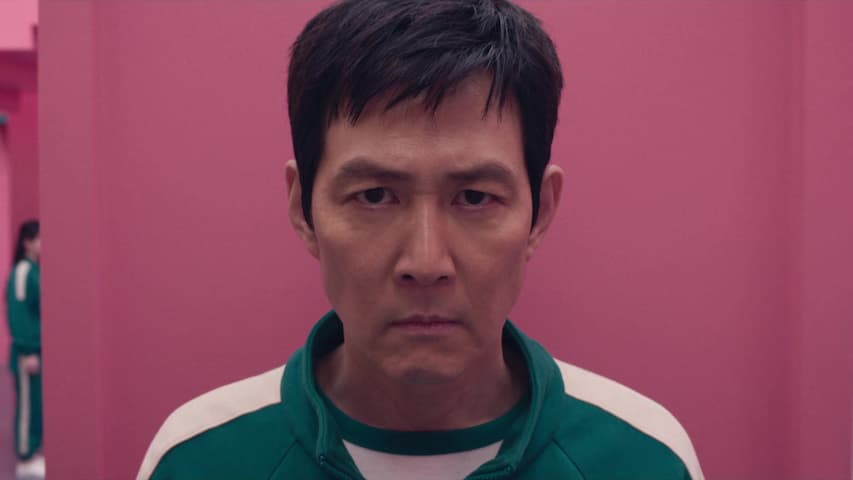

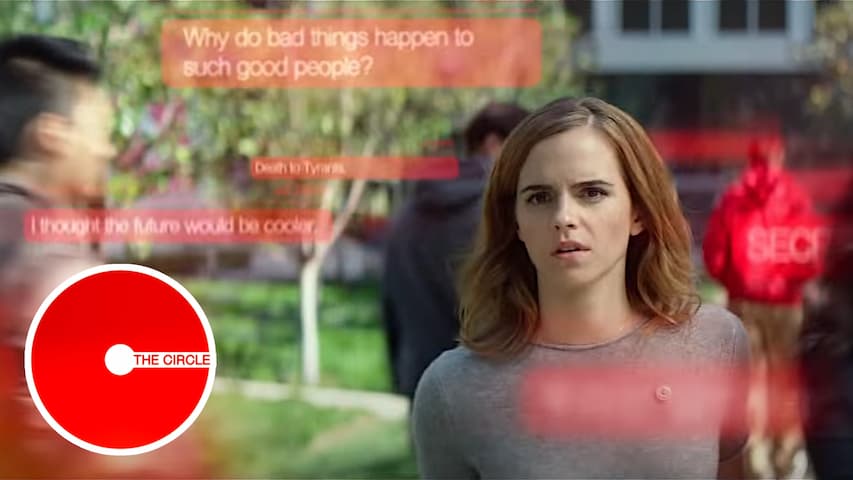
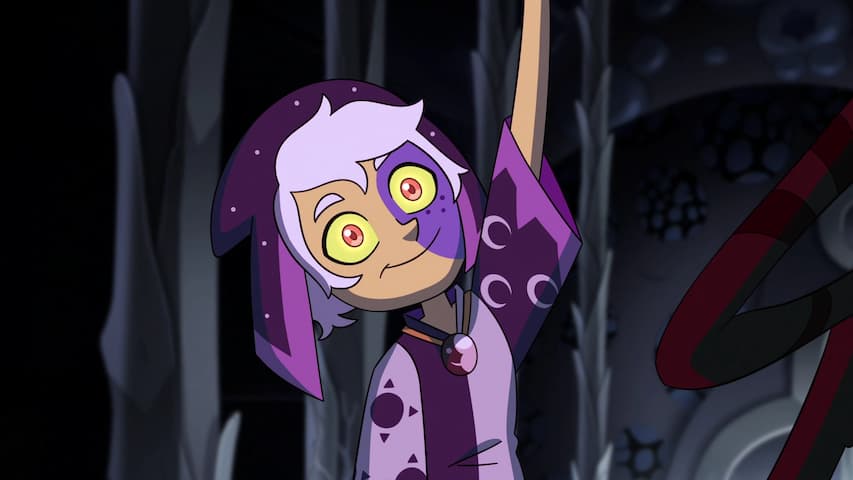
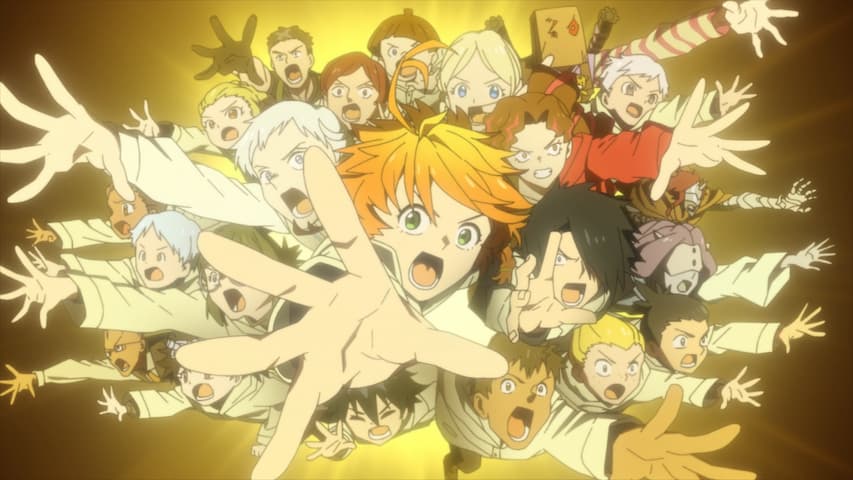
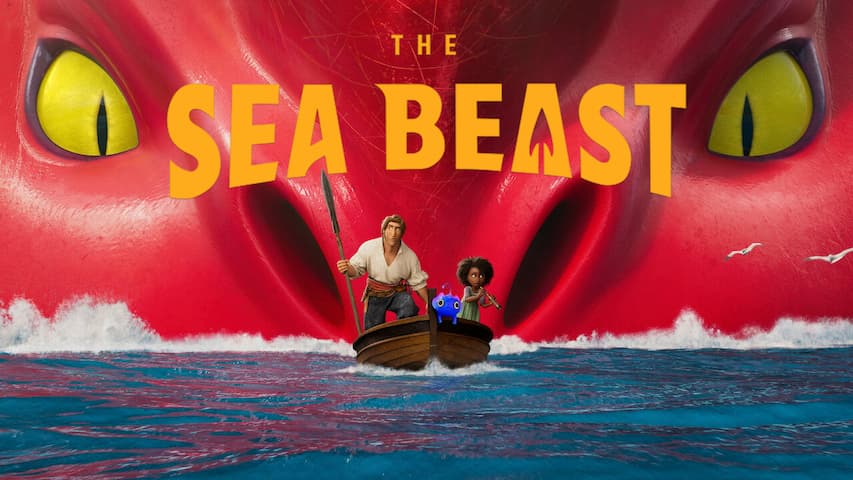
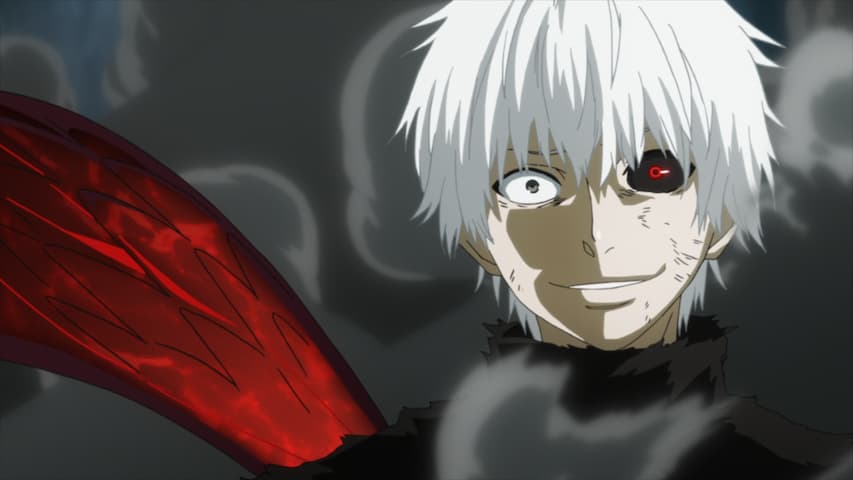

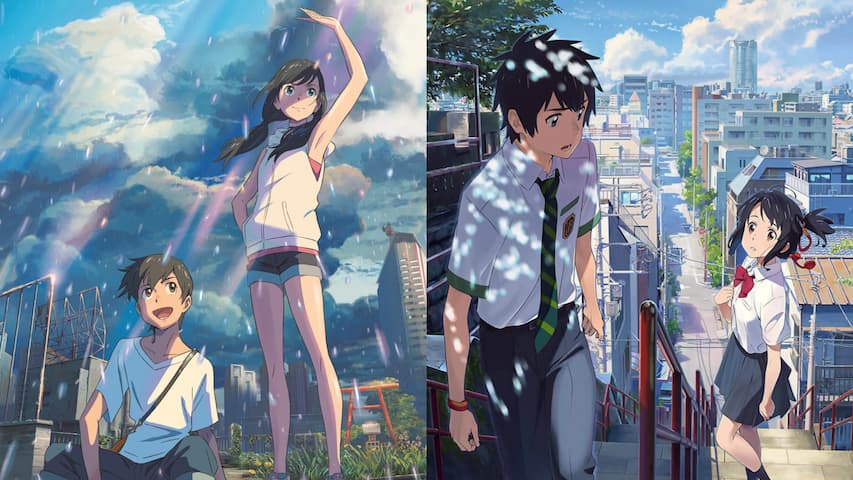
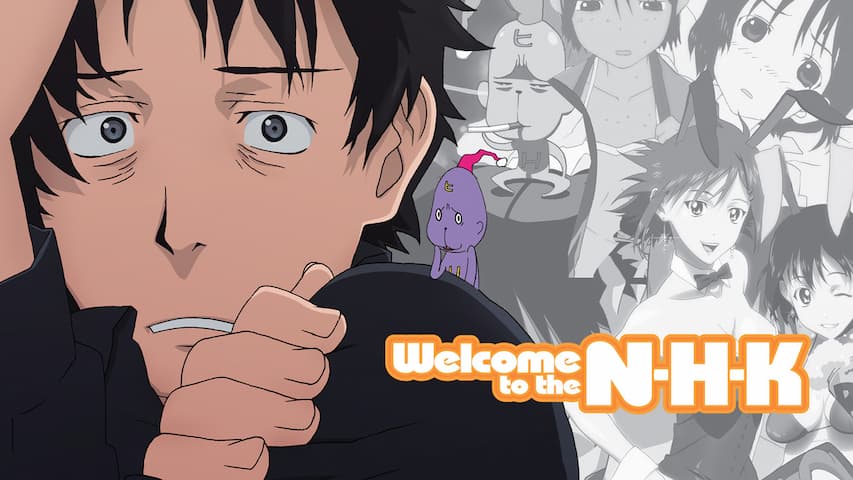



Recent Posts
916 Words | June 7, 2025
3234 Words | May 22, 2025
2837 Words | April 11, 2025
2681 Words | April 6, 2025
2267 Words | March 13, 2025
